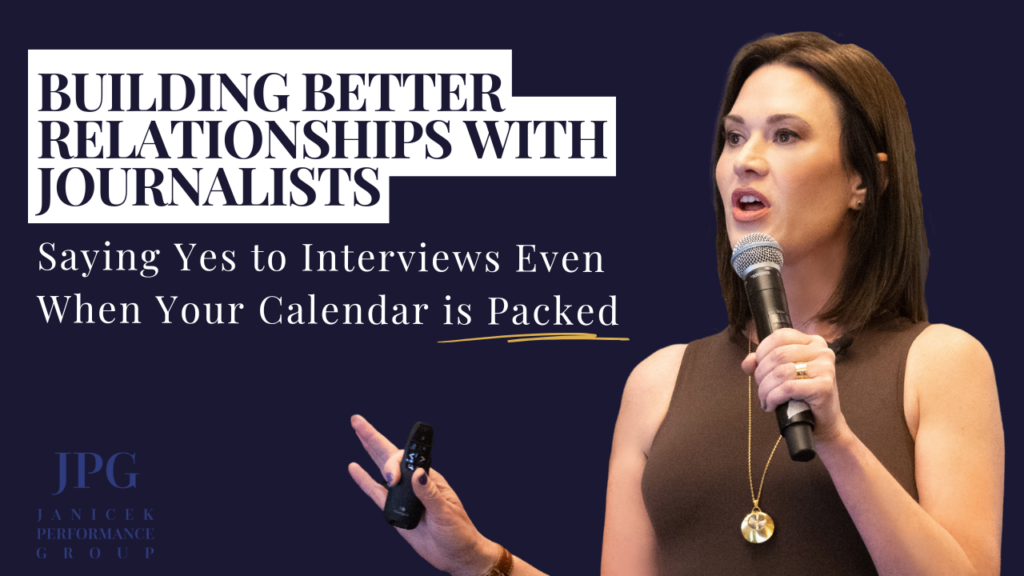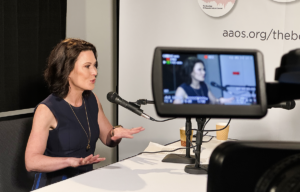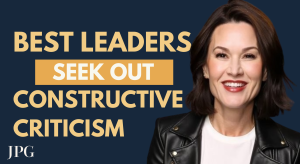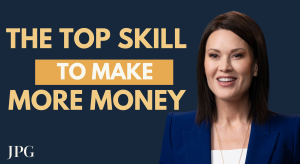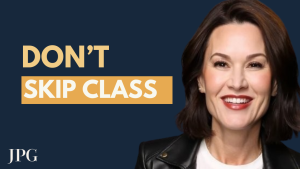Imagine this: it’s Election Day, and news outlets are racing to cover the unfolding stories. Or maybe it’s a day when your industry is in the spotlight, and journalists are reaching out to connect with experts like you. Suddenly, there’s an email in your inbox—a request for an interview. But there’s a problem: your schedule is packed. Do you decline, or is there a way to keep the opportunity on the table?
When journalists seek out experts, it’s a prime moment for you and your organization to gain visibility and share insights. This is free PR—essentially free advertising for your expertise and your organization’s mission. But to seize this opportunity, you need to approach scheduling conflicts strategically.
Step 1: Don’t Ignore the Request
When you receive an interview request at a busy time, it might be tempting to delay your response or even ignore the message entirely. However, not replying is one of the fastest ways to miss out on current and future opportunities. Instead, acknowledge the request, even if you’re uncertain you can make the suggested time.
Step 2: Respond with Gratitude and Flexibility
If you truly can’t make the scheduled time, show your appreciation for the opportunity and express interest in accommodating the interview. Here’s an example of how to respond:
“Thank you so much for reaching out! I’d love to contribute, but I have a prior commitment at that time. I’m available [suggest alternate dates/times]. I hope one of these options works; if not, I’m happy to explore other ways I can be of assistance.”
This approach shows respect for the journalist’s timeline and signals that you’re eager to collaborate despite scheduling conflicts. Offering alternate times and expressing interest in future opportunities strengthens your rapport with the journalist.
Step 3: Be Prepared with a Backup Expert or Resource
If rescheduling isn’t an option, consider offering another credible source within your organization. Journalists appreciate when you suggest another qualified individual who can add value to their story.
“Unfortunately, I’m unavailable at that time, but I’d like to connect you with [name and title of colleague], who has similar insights on this topic.”
This provides the journalist with an alternative and showcases your commitment to contributing to the story.
Step 4: Keep Your Communication Timely and Clear
Respond to the journalist’s initial email as quickly as possible. Your prompt response indicates professionalism and reliability, essential qualities for being considered in future stories.
Step 5: Continue Building Relationships for Future Opportunities
Even if you can’t make the interview, showing responsiveness and a willingness to help in some capacity goes a long way. Building relationships with journalists can lead to more media opportunities and help position you as a trusted resource in your field.
Don’t Let Scheduling Conflicts Hold You Back
Media interviews provide free, impactful exposure, helping you build credibility and visibility for your organization. By handling scheduling conflicts with professionalism and offering alternate solutions, you not only increase the likelihood of media coverage today but also position yourself as a reliable expert that journalists want to turn to in the future.
At Janicek Performance Group, we specialize in preparing executives for media interviews, equipping you with the tools to make the most of every opportunity—even during busy times. Don’t miss out on building valuable connections and showcasing your expertise—start today by being prepared for the next request that comes your way!

